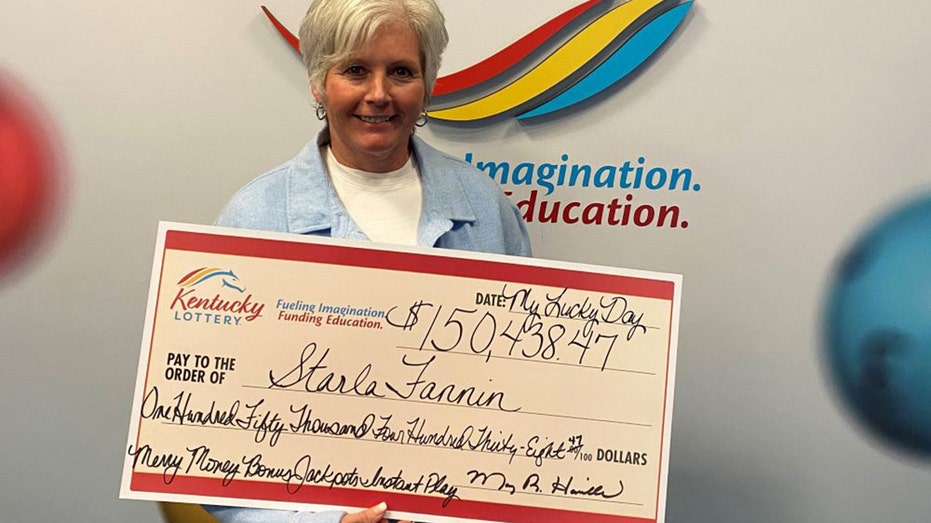
Consumer Reports is continuing to sound the alarm on plastic chemicals in food, with the advocacy group again targeting General Mills for producing a range of products found to contain risky and unintended ingredients.
Advocates on Thursday delivered a petition signed by more than 30,000 to General Mills’ headquarters in Golden Valley, Minnesota, calling on the company to address potentially hazardous plastic chemicals in its food.
At issue are plasticizers, a chemical that makes plastic more flexible and resilient, according to the Centers for Disease Control and Prevention.
Studies have linked the substances to potential health risks including interfering with the production of estrogen and hormones, and diseases such as diabetes, cardiovascular disease, certain cancers and birth defects.
“Given that steady exposure to even very small amounts of these chemicals over time could increase health risks, we urge Annie’s and General Mills to immediately take the necessary steps to monitor and eliminate the presence of these chemicals across all of your brands,” the petition stated.
Thursday’s event follows tests by Consumer Reports earlier this year of 85 different foods. It found the highest concentration of phthalates — the most commonly used plasticizer — in a canned plastic product made by Annie’s Homegrown, an organic brand owned by General Mills. In addition to Annie’s Organic Cheesy Ravioli, other General Mills products found to contain the plasticizer included the Yoplait, Cheerios, Green Giant and Progresso brands.
In a letter sent to the company in February, Consumer Reports also alerted General Mills to “concerning” levels of phthalates in several of its products.
“We did test a variety of foods, and some of the highest concentrations were in General Mills’ products,” Brian Ronholm, director of food policy for Consumer Reports, told CBS MoneyWatch. The company needs to identify the source of the chemicals, which could stem from products supplied by third parties or during its production processes, Ronholm said.
Plastic chemicals wind up in food primarily through packaging and exposure to plastic and tubing, with conveyor belts and plastic gloves possible culprits, Ronholm noted.
“Food safety is our top priority at General Mills. All our products adhere to regulatory requirements, and we review our ingredients, packaging and suppliers on a regular basis to ensure quality,” a spokesperson for the company said in an email.
Plastic chemicals are nearly impossible to avoid, but consumers can limit their exposure by using glass instead of plastic storage containers and water bottles, Ronholm said. “There are no regulatory requirements at this point,” said Ronholm, who also urged federal regulators to devise rules covering the substances.

